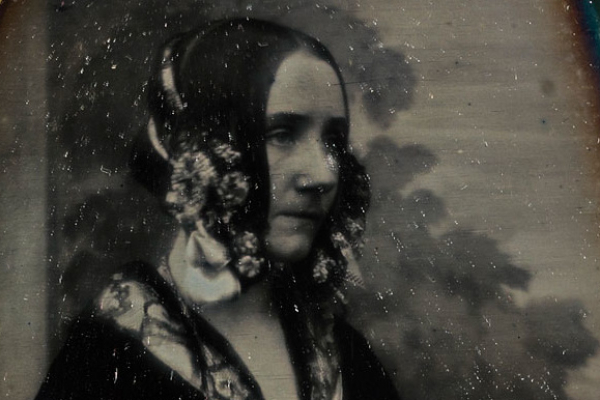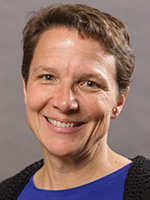
Celebrating women in computer science on Ada Lovelace Day
Ada Lovelace, born in 1815, is considered the first-ever computer programmer. She is so celebrated for her contributions, an international day of honour was first created in 2009 and is now an annual occurrence.
This year, October 11 is Ada Lovelace Day, marking the achievements of women in science, technology, engineering and mathematics (STEM).
It was 1842 when Lovelace created an algorithm for Charles Babbage’s mechanical computer. Babbage is considered by some to be the father of the computer.
Interestingly, in some writings, Lovelace dismissed the concept of artificial intelligence. She wrote, "The Analytical Engine has no pretensions whatever to originate anything. It can do whatever we know how to order it to perform. It can follow analysis; but it has no power of anticipating any analytical relations or truths." Today, most computer scientists believe this view is outdated and that computer software can develop in ways not necessarily anticipated by programmers.
Role models like Lovelace help inspire remarkable young women to pursue the field of computer science, but surprisingly the gender gap is still very real. In UBC’s Computer Science department, only 32% of the department's students are female.
Dr. Cinda Heeren, Chair of the Committee for Outreach, Diversity and Equity (CODE) in the department of computer science at UBC said, “Ada’s insights are astounding. LONG before computers were actual things that could be manipulated and used by humans, she said, ‘Supposing, for instance, that the fundamental relations of pitched sounds in the science of harmony and of musical composition were susceptible of such expression and adaptations, the engine might compose elaborate and scientific pieces of music of any degree of complexity or extent1.’ ”
Cinda elaborates, “She understood that data was going to be an essential element of computation, and that data was a general idea, that included even music.”

Heeren also quoted this from Ada, “One essential object is to choose that arrangement which shall tend to reduce to a minimum the time necessary for completing the calculation2.”
Heeren explained her interpretation of this quote, “She envisioned algorithms, and noted that their quality could be measured by the time it took them to do a task — which is the very basis for my entire course.”
Cinda teaches courses at UBC Computer Science on programming, problem solving and algorithms.
An organization called UBC WiCS (UBC Women in Computer Science) is very proactive in organizing events and providing support for women in CS, and the department itself also offers mentoring for students as well as outreach to get younger girls engaged at an early age with coding and computer science.
There still seems to be a long way to go in narrowing the gender gap to an equitable ratio, but thanks to women like Ada Lovelace, we can all envision a future where that exists.
1. Sketch of the Analytical Engine Invented by Charles Babbage; Notes by the Translator; Book by L.F. Menabrea. Scientific Memoirs (Richard Taylor): 1842.
2. Scientific Memoirs, Selected from the Transactions of Foreign Academies of Science and Learned Societies, and from Foreign Journals, Richard Taylor: 1843. P. 710.